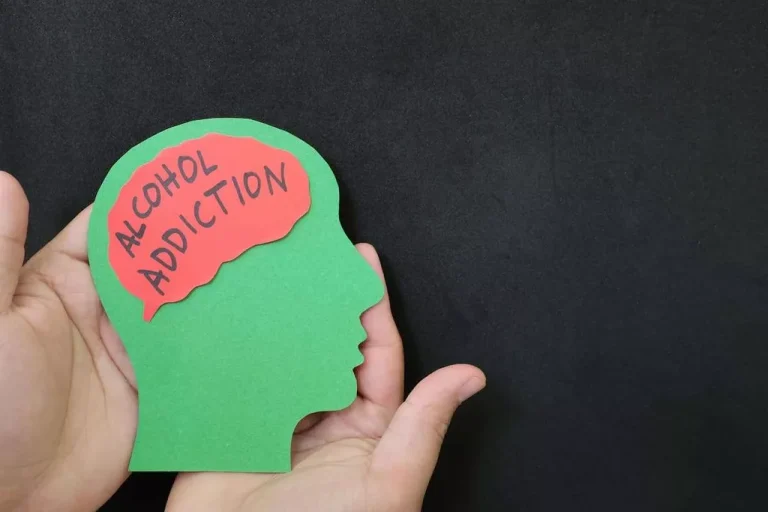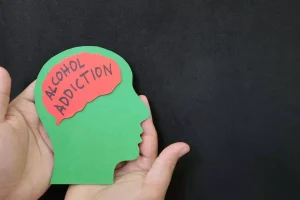Hangover Shakes: What They Are & Why They Happen

The duration and severity of hangover shakes largely shakiness hangover depend on the amount of alcohol consumed and individual body composition. In some cases, these shakes can last up to a day or two after the individual has stopped drinking alcohol. Hangover shakes are a common symptom experienced after excessive alcohol consumption.
Indicators of Alcohol Dependency
Low blood sugar can trigger various symptoms, including shakiness, weakness, and tremors. This is why it is important to be mindful of your alcohol intake, especially if you have a preexisting condition that affects your blood sugar levels. Electrolytes are essential minerals that play a crucial role in various bodily functions, including muscle contractions and nerve signaling.

Science Behind Day Treatment Programs

Excessive alcohol consumption can lead to severe hangover symptoms, including shakes. Understanding the causes and impact of hangover shakes can help individuals recognize the signs and take appropriate steps to manage their symptoms. It’s essential to prioritize overall health and well-being by adopting strategies to prevent excessive alcohol consumption and seeking professional help if necessary. Temporary changes to neurotransmitter activity and low blood sugar are part of the reasons why some people experience hangover shakes after consuming alcohol and subsequently stopping.
- As a result, alcohol can cause unsteady movements, tremors, and other motor control issues, which may be experienced as hangover tremors the following day.
- Some people might only experience a slight tremor in their hands or legs, while others might have full-body shakes that make it difficult to stand or walk.
- It’s important to note that alcohol consumption can affect individuals differently, and not everyone may experience hypoglycemia-related shakiness.
- Considering dietary factors can also contribute to preventing hangover shakes.
- People with a history of anxiety may also find that their hangover shakes are more pronounced.
How To Stop Alcohol Shakes

Additionally, considering nutritional factors can play a role in preventing hangover shakes. Consuming food before drinking can slow down the absorption of alcohol into the bloodstream, potentially reducing the severity of hangover symptoms. Hangover shakes are a common symptom experienced after heavy alcohol consumption. They often accompany other hangover symptoms such as headaches, nausea, fatigue, sensitivity to light and sound, and muscle aches. The shaking or trembling can be an expression of alcohol withdrawal as the body metabolizes the remaining alcohol in the system. Shaking can indicate severe alcohol withdrawal, especially when accompanied by symptoms like confusion, hallucinations, or seizures.
- Shaking and tremors are your body’s way of reacting to a disruption to its natural balance.
- If you’re curious about where you stand, there’s an alcohol dependence assessment at the end of this article.
- If you experience alcohol withdrawal tremors or other withdrawal symptoms such as anxiety, sweating, or insomnia, it is essential to seek medical help.
- When you’re dehydrated, your body doesn’t have enough fluids to carry out its normal functions, including keeping your muscles working smoothly.
These factors collectively contribute to the symptoms of a hangover, including shakes. Hangovers typically last about a day or possibly longer, with symptoms being most severe when the blood alcohol level returns to zero. The duration of hangover shakes can vary depending on the individual and the amount of alcohol consumed. As the body metabolizes alcohol at a rate of approximately one drink per hour, the intensity of hangover shakes may decrease over time.
Got the hangover shakes? This is why your hands tremble after a big night out

When dealing with hangover shakes, it’s important to know how to effectively manage the symptoms. In this section, we will explore the duration of hangover shakes and provide recovery tips and remedies to help alleviate the discomfort. However, it is clear that alcohol can disrupt the normal balance of glucose in the body, which can contribute to the shakiness experienced during a hangover. When it comes to understanding the causes of shakiness during a hangover, it is important to consider the impact of alcohol on glucose regulation. Alcohol can have various effects on glucose levels in the body, which can Halfway house contribute to the shakes experienced during a hangover.

Leave a Comment
You must be logged in to post a comment.